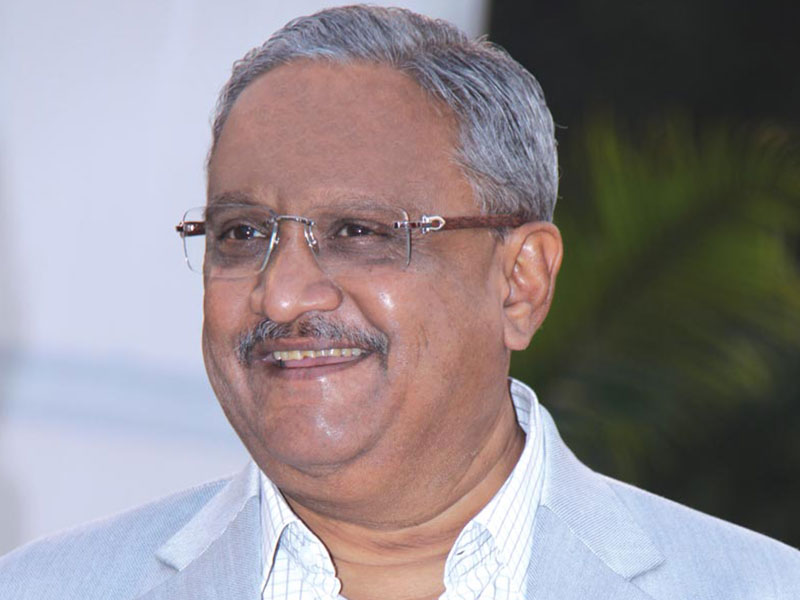 Amrish Patel
Amrish Patel
Managing Trustee, SVKM Trust & Shirpur Education Society
Amrish Patel is managing trustee of the nationally renowned Mumbai-based SVKM Trust (estb.1934) and founder of the Shirpur Education Society (SES) and R.C. Patel Trust, Shirpur (RCPT). The SvKM trust manages seven schools, 12 colleges and NMIMS Deemed University with an aggregate enrolment of 62,000 students and 1,900 teachers. The SES and RCPT trusts provide pre-primary to junior college education to 34,000 children in Shirpur.
How have SVKM institutions responded to the Covid-19 challenge?
Fortunately, SvKM institutions have been investing in digital technology to strengthen learning and academic processes for the past several years. Therefore, the already existing technology infrastructure helped us to make quick use of installed technology in programme delivery and evaluation, to ensure academic continuity.
SVKM institutions include several colleges affiliated with the University of Mumbai, autonomous institutions and NMIMS Deemed University. A positive outcome of the Covid-19 pandemic is that it provided all our institutions the opportunity to transform themselves, adopt new technology and handle the process of change management effectively.
What are the major challenges confronting higher education in the new Covid-19 era?
The immediate challenge after imposition of the lockdown was to shift to virtual classrooms and deliver academic programmes seamlessly. Associated challenges were completing evaluation, maintaining the academic records of each student’s progression to higher class, and completing the graduation process of final year students. SvKM institutions met these challenges very effectively.
Looking to the future, the major challenge for HEIs (higher education institutions) will be to attract students from different geographic regions, states and countries. At least for the next year or two, colleges and universities will find it difficult to maintain student body and faculty diversity as students are likely to enrol in local HEIs for health safety reasons.
Placements and summer internships are also likely to suffer. Due to the economic slowdown, students may also lose the opportunity to get valuable internship exposure and deserved placements.
What are your Top 3 proposals for reviving and reforming higher education in India?
With the GER (gross enrolment ratio) in higher education in India averaging 30 percent against 60-80 percent in industrially developed OECD countries, there is urgent need for major reforms in higher education. The critical challenges confronting HEIs are: employability of graduates; improving quality of the teaching-learning ecosystem; insufficient funding and technology support; lack of institutional autonomy and excessive regulation of even highly rated and well-performing HEIs.
You are also the managing trustee of the Shirpur Education Society (SES) which has done extraordinary work in rural education. What’s your prescription for reviving/advancing rural education?
SES (estb.1986) has promoted over 70 education institutions in the vicinity of Shirpur on the Maharashtra/Madhya Pradesh border providing high-quality SvKM benchmarked school and collegiate education. But SES institutions accommodate only 5,000 students. Therefore, the real challenge is to scale good KG-Ph D education in rural India where 90 percent of students report poor learning outcomes.
Moreover, agriculture education and practices are obsolete. In Shirpur, we have started a model 110acre farm on which we will practice organic farming with latest Israeli technology. Our intent is to revolutionise farm practices and productivity. In this connection, the recent initiatives of the Central government to liberalise Indian agriculture is a good beginning.























